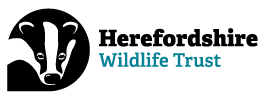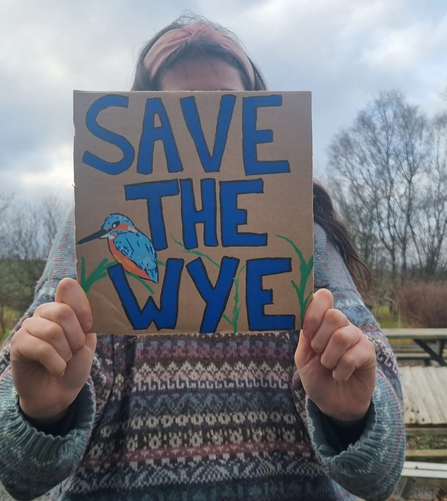Update: 7th July 2023
After difficulties in asking their question directly at Marks and Spencer's AGM on 4th July 2023, a question from one of our members has now been answered on their website as follows:
Question: "From a member of Herefordshire Wildlife Trust. My question today relates to the fact that the success story of cleaning up our rivers in the UK has been totally put into reverse and now all of them are suffering from pollution, in some cases severely. Two companies, Avara and Noble Foods, source over 100 million chickens per year from intensive poultry units in the Wye catchment area. Scientists tell us that the manure from these millions of birds is being spread on farmland in quantities too much for the land to absorb. This is leaching into and polluting the Wye and its tributaries. I have spent much time online trying to find out who supplies M&S with chickens and eggs. Is it Avara and Noble or another source? If another source are their farms polluting water courses? It should be easy to find the answer to these questions. Will you promise to make your supply chain more transparent?"
Answer: "We do not take any shell eggs from Noble foods or Avara in the Wye Valley. We do take some ingredient eggs from Noble Foods and would of course be happy to meet the Herefordshire Wildlife Trust.
"All of our suppliers must uphold environmental standards in line with our Global Sourcing Principles, which state no contaminated or toxic wastewater should be discharged into the environment. In our most recent Sustainability Report, we included information about our Food supply chain and we also voluntarily host an interactive supplier map on our website."
On 6th July, staff and volunteers from Radnorshire Wildlife Trust attended Sainsbury's AGM. Their question, on the same issues, was partially answered with statements including:
Sainsbury's don’t source eggs or chicken from the Wye catchment; their main poultry supplier is Moy Park. They are working hard on water issues through the WRAP Water Roadmap, working with WWF, and sit on the Wye Agri-Food partnership. They have reduced their water usage by 17%.
They declined to meet with The Wildlife Trusts to discuss the issues further.

